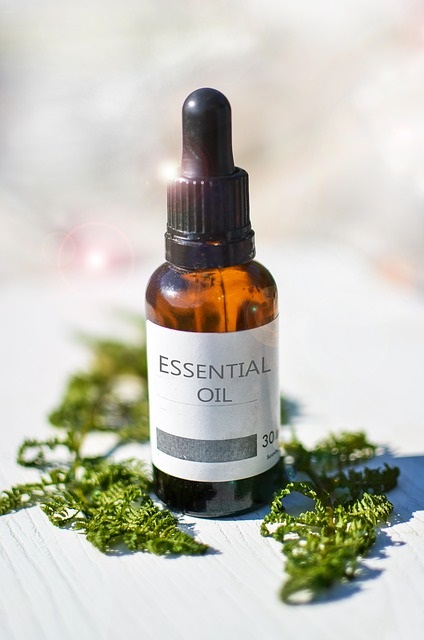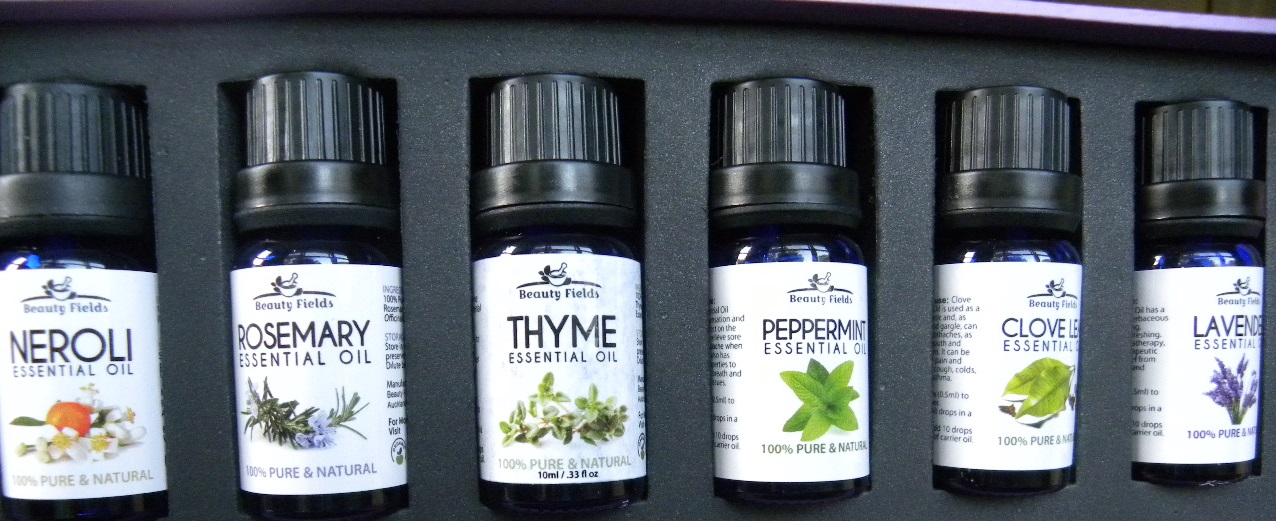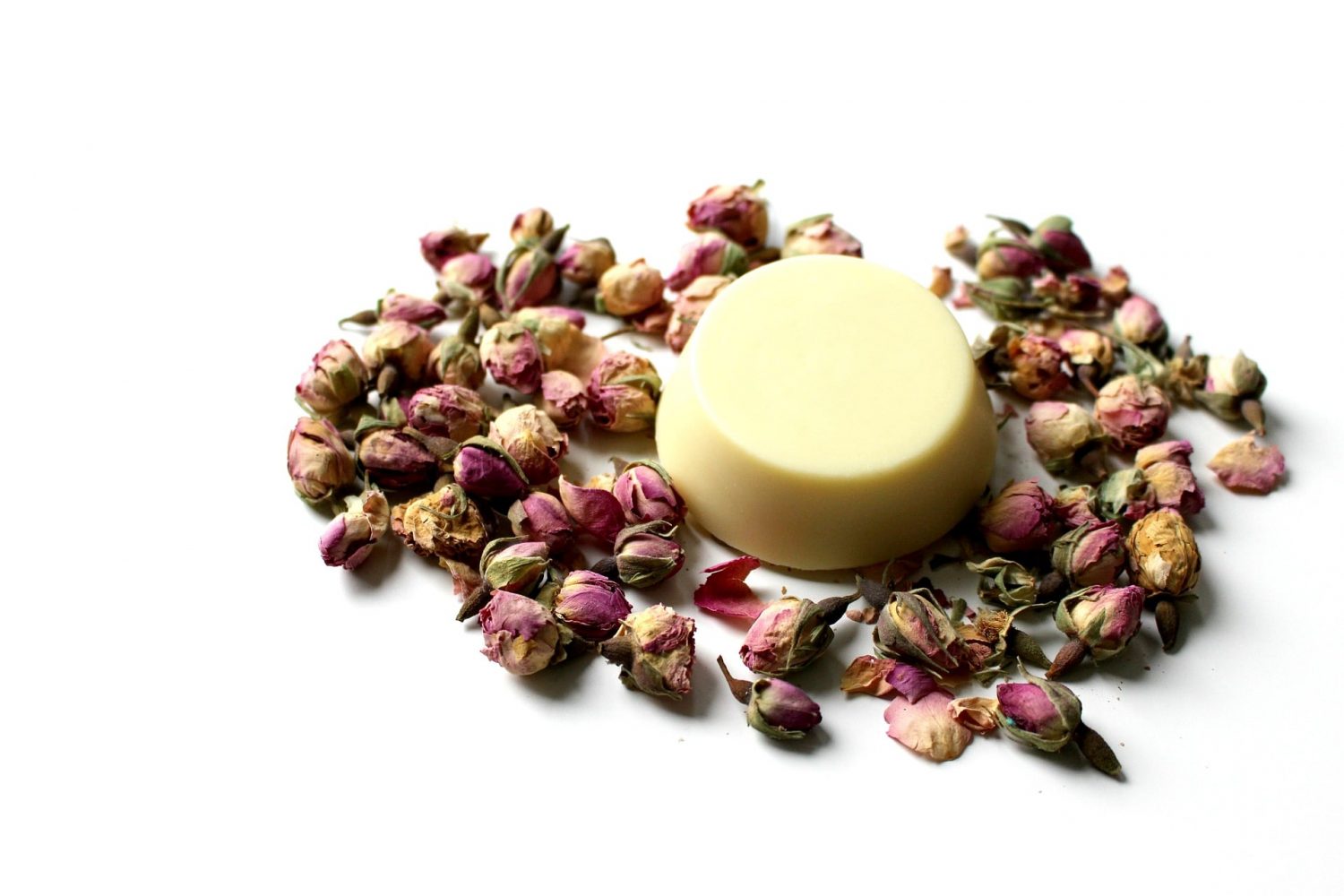Essential oils safety
Many people are concerned about essential oils safety, in this post I’ll share my thoughts about this important subject. What is OK and where should you be more careful.
Table of Contents
Internal use of essential oils
First and foremost, it is not recommended to swallow essential oils. Essential oils are a very concentrated liquids. High doses can attack the lining of the digestive tract and even low doses can cause digestive discomfort.
Sometimes you’ll come across a woman who sells Doterra, Young living or another MLM essential oils and she will whole heartedly recommend essential oils for daily cooking, usually in a very low dilution. For most people it’ll pass without any problem especially if it’s a warm dish, most of it will evaporate anyway but it might cause problems for sensitive people. I would not try a drop or lemon or peppermint essential oil in my morning glass of water though.
Essential oils are mostly meant to be consumed by smelling-inhaling or absorbed through the skin. As a matter of fact, digesting essential oils changes their chemical composition and can make them less potent. With that being said I do know someone who used essential oils internally to treat his cancer (amongst other treatments) and he survived it twice. This is not any kind of recommendation but in difficult situations if a registered aromatherapist recommends internal use I would follow his orders.
Eucalyptus, mugwort, sage and tarragon essential oils are toxic and should not be taken orally.
Essential oils – kids safety
Keep out of reach of children because they tend to put in their mouth just about anything. If your child did swallow essential oils it’s a good idea to seek medical attention immediately and take the bottle with you. Do not panic though, as far as I know, nobody died from essential oils yet, child or adult.
Up to 3 months old – Do not use essential oils topically, diffuser is OK in a ventilated room, lavender around bedtime can help them fall a sleep.
3 months to 2 years old – You can use 1 drop in 20ml base oil. Oils that are suitable for this age are lavender – for sleep and skin, chamomile – for nappy rash, rose – for dry skin and neroli – for fun.
2-10 years old – You can use up to 4 drops essential oil in 20ml massage oil. Popular oils are chamomile for relaxation, lavender for sleep, eucalyptus for colds, lemon for sore throat (massage the throat), orange for calming down, spearmint for tummy ache and nausea, neroli and rose. You can also use lavender and tea tree for superficial skin burns and cuts.
10 years old and up – can be treated like adults in most cases.
Essential oils safety for your skin
Some oils may irritate the skin more than others, lavender and tea tree can be used pure straight on the skin. A few drops of jasmine, ylang ylang or sandalwood can be used as a perfume all other oils should be diluted.
Always do a patch test before using essential oils topically. apply some drops of the diluted oil on the back of your wrist and put a plaster on it for a few hours. If there is redness or any kind of irritation it is best to avoid the oil or dilute it further.
Sensitivity can be very personal but oils known as skin irritants are: Allspice, anise, basil, benzoin, birch, cajeput, caraway, cedarwood, cinnamon, citronella, clove, eucalyptus, ginger, juniper, lemon, lemon balm, lemon eucalyptus, lemongrass, mellisa, orange, parsley, black pepper, peppermint, pine, tagetes, thyme, tumeric, valerian and yarrow. These oils should be used in moderation.
Photosensitivity – essential oils that will make your skin sensitive to the sun
Some oils can make your skin prone to skin damage so do not apply them to areas that are exposed to the sun – angelica, bergamot, cumin, ginger, lemon, lime, lovage, mandarin and bitter orange.
Essential oils to avoid in pregnancy
During the first trimester it is best to avoid all essential oils, this is not the time for aromatherapy massage. Some essential oils have hormonal effects which does not support pregnancy.
After the first trimester, still do not use – angelica, anise, basil, bay, camphor, cassia, cedarwood, celery, cinnamon, citronella, clary sage, clove, cumin, fennel, hyssop, juniper, labdanum, lovage, marjoram, myrrh, nutmeg, oregano, parsley, peppermint, rose, rosemary, snakeroot, sage, savory, tarragon, thyme and tumeric.
Do not use even in the diffuser: mugwort and sage.
Allergy to essential oils
These people probably do not reads these lines now but some people are actually allergic to essential oils. I have one friend who started shedding tears every time he got into the warehouse. If you are allergic to any plant don’t use it’s essential oil on your skin or in the diffuser.
Some more safety tips
Eyes – if you get essential oils in your eyes flush it with cold milk. Water won’t be helpful since essential oils do not dissolve in water.
Diabetes – do not use angelica essential oil.
High blood pressure – avoid rosemary, sage and thyme essential oils.
Homeopathy – do not use black pepper, camphor, eucalyptus and peppermint during homeopathic treatment.
Conclusion
Essential oils are very safe if used properly. Some caution should be practiced but for a healthy, non pregnant, adult there shouldn’t be a problem for external use.





